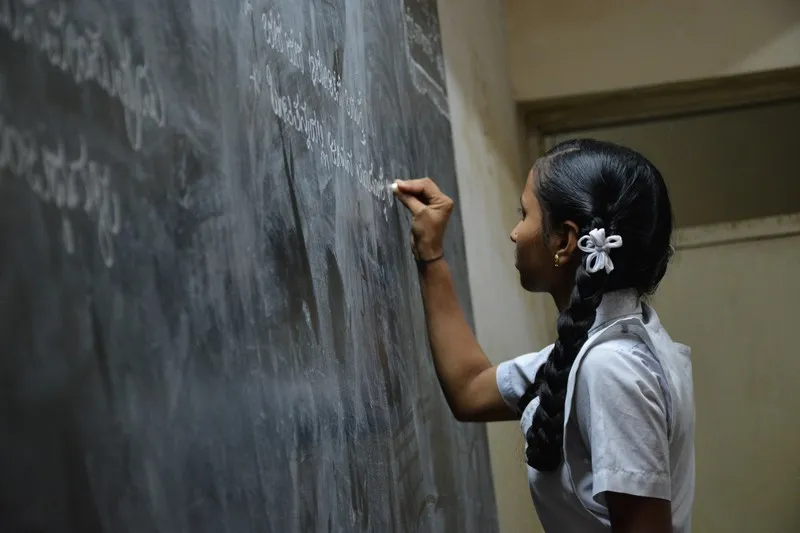Sociologist Pierre Bourdieu introduced the concept of cultural capital as a way to understand the role of social and cultural factors in educational outcomes. Cultural capital refers to the knowledge, skills, education, and other cultural assets that individuals possess, which can be used to gain social advantages.
Understanding Cultural Capital
Bourdieu argued that cultural capital is not solely determined by an individual’s innate abilities or intelligence. Instead, it is shaped by the social and cultural environment in which a person grows up. This includes the values, beliefs, and practices that are prevalent in their family, community, and educational institutions.
There are three forms of cultural capital:
- Embodied cultural capital: This refers to the knowledge and skills that individuals internalize through socialization and education. It includes things like language proficiency, artistic abilities, and physical fitness.
- Objectified cultural capital: This refers to physical objects or possessions that represent cultural value, such as books, artwork, or musical instruments. These objects can be used to display one’s cultural capital.
- Institutionalized cultural capital: This refers to formal qualifications, credentials, and certifications that are recognized and valued by society. It includes educational degrees, professional licenses, and memberships in prestigious organizations.
Cultural Capital and Education
Bourdieu argued that cultural capital plays a significant role in educational attainment and success. Students from privileged backgrounds, who possess high levels of cultural capital, are more likely to excel in the education system compared to those from disadvantaged backgrounds.
Here are some ways in which cultural capital influences education:
- Language and Communication: Students with higher levels of cultural capital often have better language skills and communication abilities. This gives them an advantage in understanding and engaging with the curriculum, as well as in expressing their ideas effectively.
- Knowledge and Understanding: Cultural capital includes knowledge about art, literature, history, and other subjects that are valued in the education system. Students with more cultural capital are more likely to have access to resources and experiences that enhance their knowledge and understanding of these subjects.
- Confidence and Cultural Fit: Students who possess cultural capital that aligns with the dominant culture in educational institutions may feel more confident and comfortable in these environments. This can lead to better engagement, participation, and overall academic performance.
- Social Networks and Connections: Cultural capital can also influence the social networks and connections that students have access to. Students from privileged backgrounds often have connections to influential individuals, such as teachers, mentors, or professionals, who can provide guidance, opportunities, and support.
- Educational Aspirations: Cultural capital can shape students’ educational aspirations and goals. Students who come from families with a history of higher education are more likely to have higher aspirations for themselves and pursue further education.
Implications and Criticisms
Bourdieu’s concept of cultural capital has been influential in understanding educational inequality and the reproduction of social class. It highlights the ways in which social and cultural advantages are passed down from generation to generation, perpetuating social inequalities.
However, there have also been criticisms of Bourdieu’s theory. Some argue that it overlooks the agency and resilience of individuals from disadvantaged backgrounds who are able to overcome their lack of cultural capital and succeed in education. Others argue that cultural capital is not the only factor influencing educational outcomes, and that structural factors such as poverty and discrimination also play a significant role.
Conclusion
Pierre Bourdieu’s concept of cultural capital provides a valuable framework for understanding the role of social and cultural factors in education. It highlights the ways in which individuals from privileged backgrounds have advantages in the education system, while those from disadvantaged backgrounds face barriers. By recognizing and addressing these inequalities, we can work towards a more equitable education system that values and supports all students, regardless of their cultural capital.





